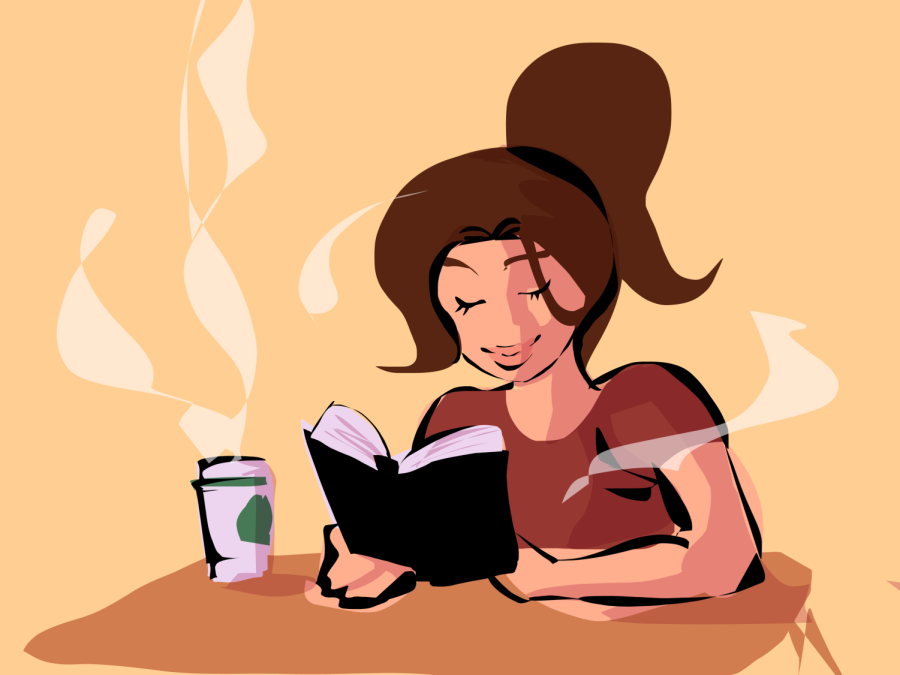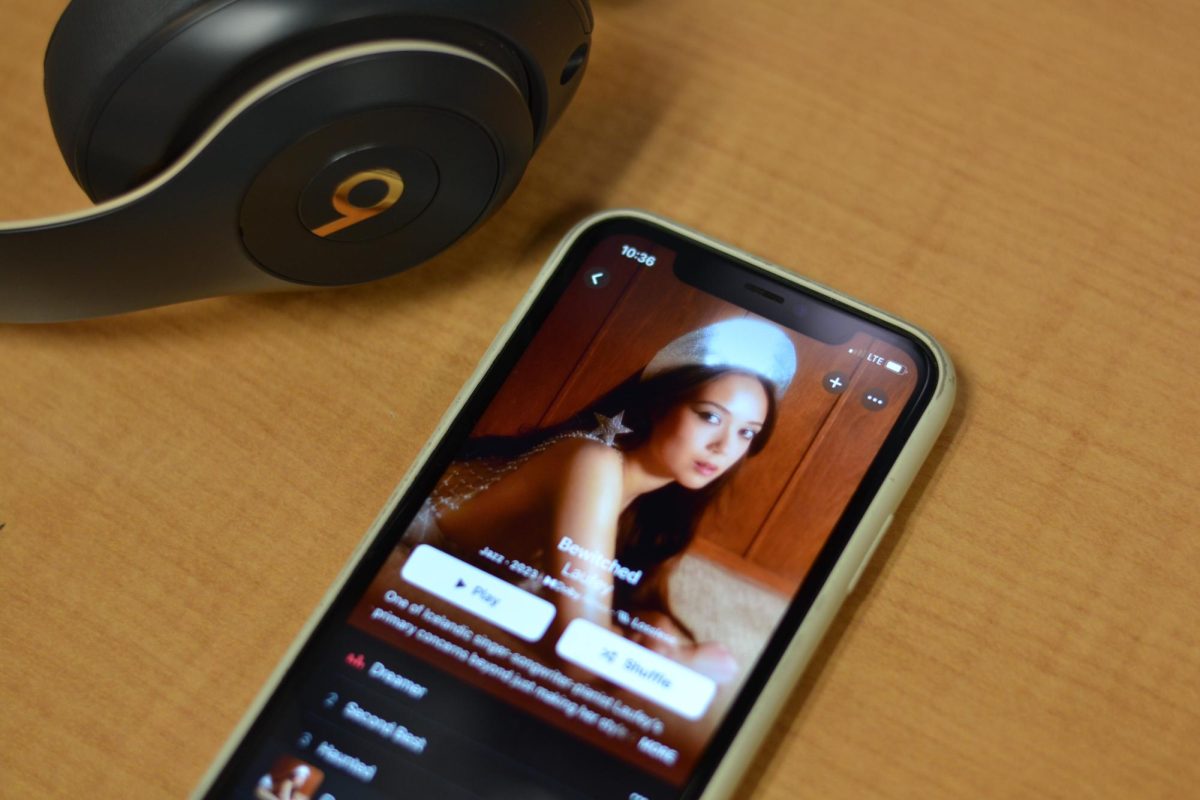It’s no secret that since the pandemic, Americans are prone to romanticizing daily practices out of their newfound appreciation for home life. Women in particular are trading the boss woman era for a new era of soft living with an emphasis on cottage core, stay-at-home girlfriends and most recently, the emergence of the girlypop, the idealized “cool girl” who’s mastered the art of self-care and wellness.
The girlypop is a reader. Her life exhibits an aesthetic tranquility- a Starbucks iced coffee sits on her desk as she sinks into a comfy chair, hair claw-clipped and the latest trending #Booktok (a sub-community of readers who offer book recommendations on Tiktok) book in hand. But Tiktok readers may want to reconsider hopping on the trend.
Arguably, there are benefits to a widespread reading rampage. Reading is a highly beneficial activity as it increases comprehension abilities, broadens personal perspective and is an applicable skill to multiple areas of work and education. When everyone’s a reader, people have the opportunity to connect with others online by making connections to the same story. By allowing readers to formulate their own opinions on a plotline, character or theme, this reading trend also promotes self-thought, a quickly diminishing practice in today’s bandwagoning era.
However, there are downsides to this bibliophilia fever. For starters, the books that are gaining popularity are pretty basic; primarily spicy romance novels, fantasies and mysteries- perfectly fine choices, but limited in variety.
Additionally, with every frenzy comes performative authenticity; not everyone is reading to gain its health benefits. The reality of the matter is that most “BookTokers” get into reading to fit into the “cool girl” persona, which is a fleeting goal- no trend lasts forever. With women faking their love for books, most will lose sight of the original goal of putting mental health first and, instead, stress over maintaining a false facade of peace.
Reading and other wellness activities should not require glamorization nor need to appear “cute” or “aesthetic” for people to acknowledge their worth. Reading doesn’t require a Starbucks iced coffee, claw-clipped hair or an aesthetic room. Why not read for the journey, for the fun of embarking on a mystical tale without even having to leave your bed? Why not read for its mental health benefits?
Why not live well just for the sake of it?












